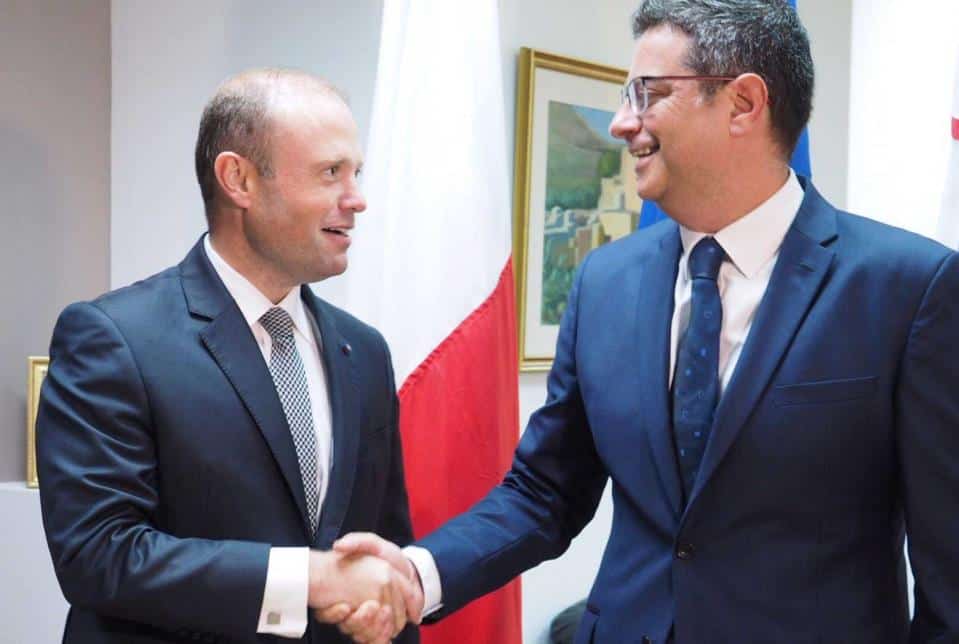
The Daphne Caruana Galizia inquiry speaks of “a level of organised crime that involves people who are not themselves criminals, that are busy with legitimate businesses or work in the public administration and politics and who work in tandem with criminals for illicit or illegal gains. If proven,” the Board goes on to say, “the allegations on the Panama Papers, 17 Black and irregularities in connection with Electrogas, the hospitals’ projects, the Montenegro wind farms, and other projects, fall into this category”.
The inquiry report explains that “organised crime is premised on the idea that the people in the organisation share the objective of a criminal act and participate in its execution. There will often be a core of people that plan and execute a criminal act and with them, there would be other people that help them. The helpers would be detached from the core’s criminal activity but in some way accept to help with illicit or illegal acts. They may not be aware of the criminal activities of the organisation. But they must still shoulder responsibility. Because,” the Board firmly states, “they would be enabling the execution of crimes and helping the evil network within society where criminals act with impunity.”
“Organised crime seeks to operate safely under the veil of impunity that comes from friendships, proximity and the sharing of interests with people in authority that protect it from investigation and prosecution.”
The Daphne Caruana Galizia inquiry lists a chilling roll call of people that are or were in positions of authority on whom there are specific allegations of misconduct, familiarity, and proximity with people implicated in Daphne Caruana Galizia’s assassination, particularly its alleged mastermind.
The Board names former MFSA Chairman Joe Bannister, former Planning Authority Chairman and currently the CEO of the Tourism Authority Johann Buttigieg, former MGA Chairmen Heathcliff Farrugia and Joseph Cuschieri, former Police chief Lawrence Cutajar and his former Deputy Silvio Valletta.
The Board also names people who had positions in the wider meaning of public administration or the country’s governance that though not implicated by the evidence in the assassination itself, still face allegations of misconduct, familiarity, and proximity with people implicated in the killing of Daphne Caruana Galizia.
The inquiry names former prime minister Joseph Muscat, the incumbent Justice Minister Edward Zammit Lewis, the former Leader of Opposition, and current PN MP Adrian Delia and Pierre Portelli whom the inquiry mistakenly describes as the PN’s former Secretary-General. He did not hold the rank but was a senior employee of the PN, largely fulfilling the duties of that role.
In its recommendations, the Board “strongly recommends” adding to Maltese laws the crime of “associazione a delinquere di stampo mafioso” defined in Italy’s criminal code in Article 416 bis. The crime provides for penalties for people who belong to an organisation that has the characteristics of the mafia.
This specific recommendation had been submitted to the Board of inquiry by NGO Repubblika.
The Board explains that this provision was added to Italian law in 1982 to punish mafia crimes not covered by the classic law on criminal association in the original article 416 of the Italian laws.
To fall foul of 416 bis there needs to be an organisational structure, not merely an agreement to commit a crime. Italian law, therefore, requires elements such as secrecy and omertà and the existence of a permanent structure as tests for a mafia crime.
The inquiry damningly says that the evidence it has seen suggests that an organisational system was indeed being drawn up even if perhaps unwittingly. The system was designed to enrich people at the cost of the common good through friendships, association, and proximity to people in power.
The Daphne Caruana Galizia inquiry is the first-ever agency of the Maltese State to recommend specific anti-mafia legislation on our books.
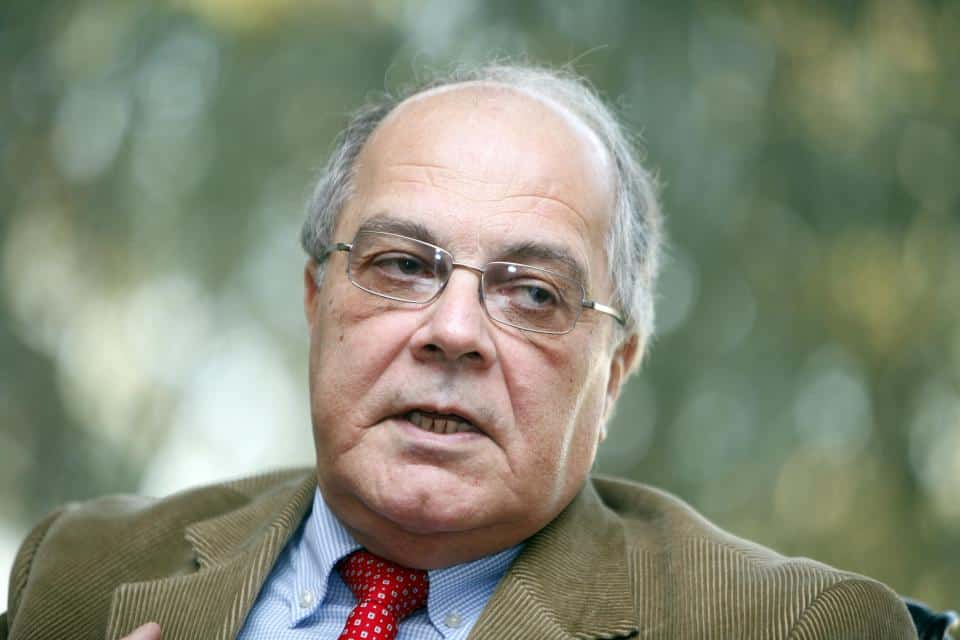
Joe Bannister
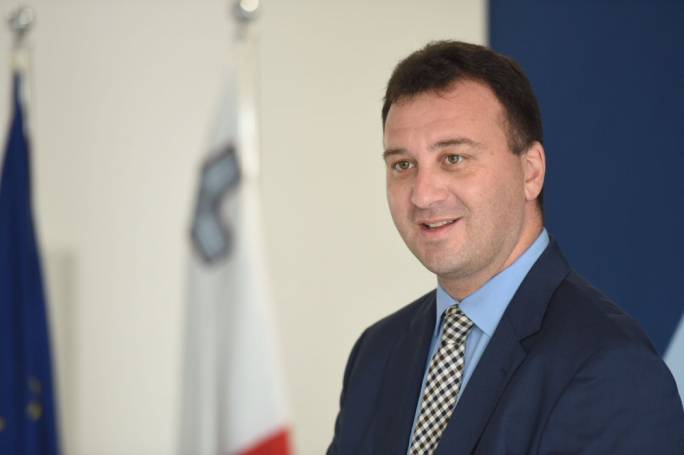
Johann Buttigieg
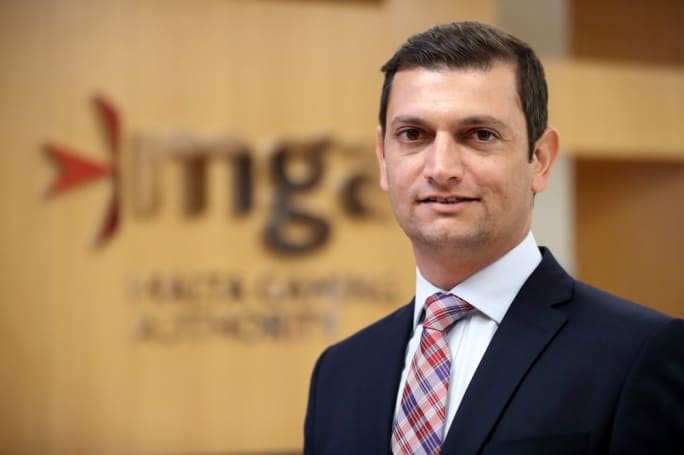
Heathcliff Farrugia
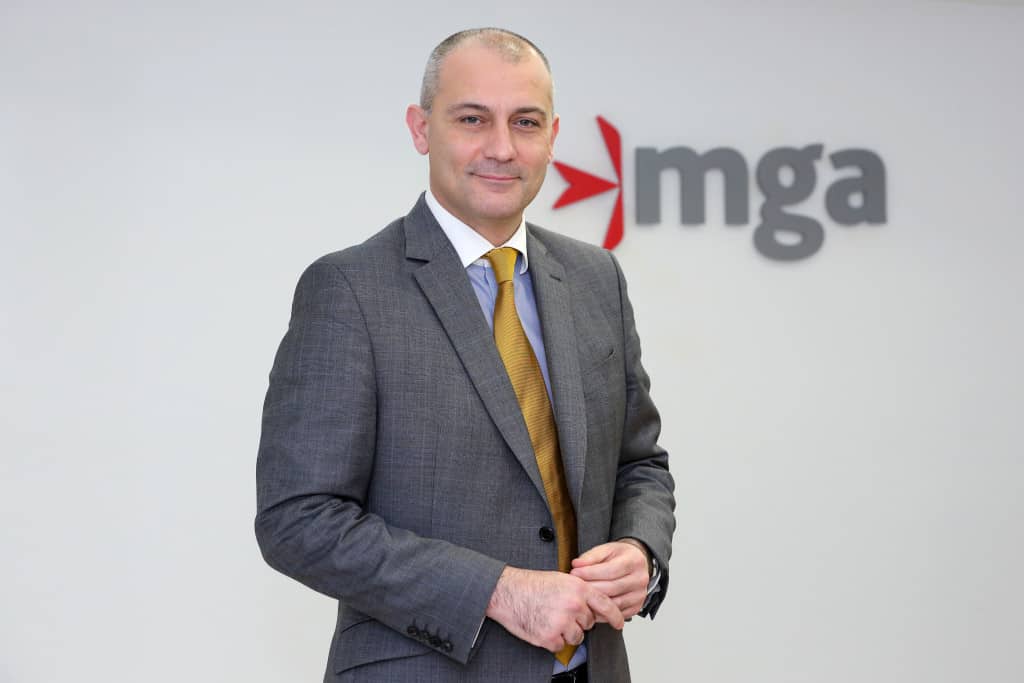
Joseph Cuschieri
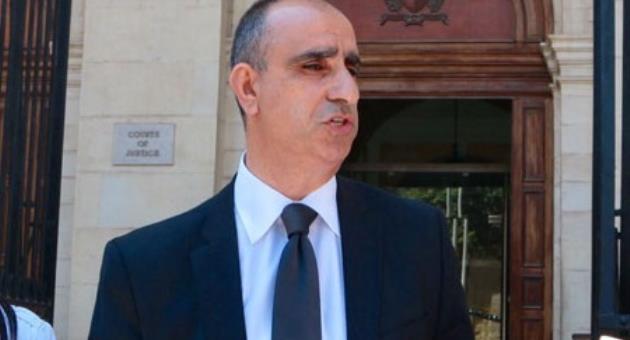
Pierre Portelli